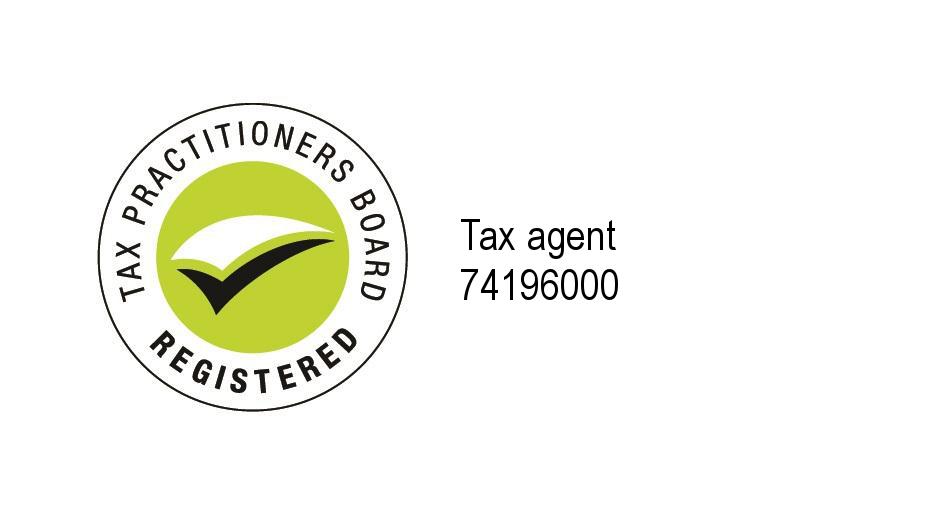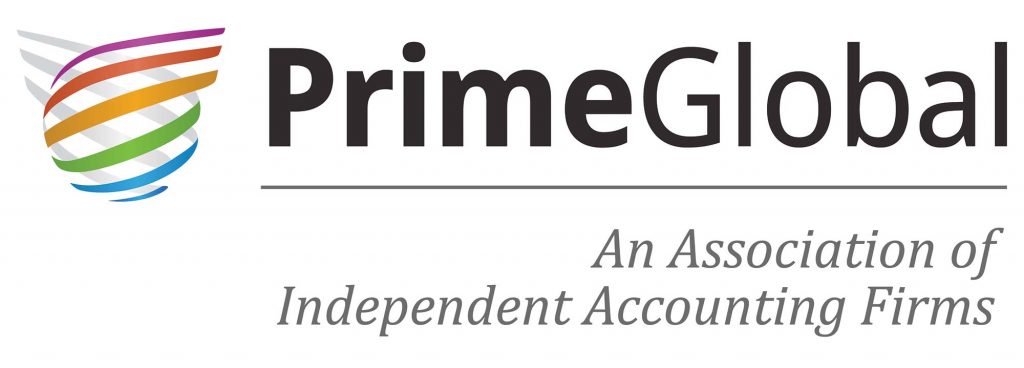Most employers understand that the provision of a benefit to an employee will often result in fringe benefits tax being payable unless the benefit is exempt, otherwise deductible, or excluded in some other way.
A question we get from time to time is whether the taxable value of a fringe benefit being the cost of an employee’s course of study relating to their employment (i.e. a self-education expense) can be reduced under the otherwise deductible rule. Put simply, the otherwise deductible rule allows the taxable value of the fringe benefit to be reduced to the extent the expense would have been deductible to the employee had they incurred it themselves.
Self-education expenses like a course of study relating to the employee’s current employment that are likely to result in the employee being paid more in the near future or which relate to the skills and knowledge required to perform their occupation would generally qualify as being deductible. However, there are some absurd “self-education rules” that disallow the first $250 of self-education expenses that would normally be deductible under the general deduction provision (section 8-1 of the ITAA 1997). This is unless the employee has other self-education expenses that are either not deductible under the general deduction provision (section 8-1) or not deductible at all which reduce this $250 non-deductible amount dollar for dollar. The examples below demonstrate how this works:

The good news!
There is a little known quirk in the otherwise deductible fringe benefits tax rules that means there is no need to perform the above calculations when calculating the reduction in the taxable value of the fringe benefit. The employer can disregard the amount that would normally be non-deductible because of the self-education rules (i.e. the first $250 of self-education expenses that is not deductible under section 8-1 unless there are self-education expenses that are not deductible under section 8-1 or not deductible at all).
If, for example, the employer reimbursed the cost of the $1,000 course fees above, the full $1,000 would be otherwise deductible in all three examples.
Also compare the reimbursement to example 1, where had the employee paid for the cost themselves they would be limited to claiming $750 because they had no other expenses of self-education. Accordingly, where an employee undertakes a course relating to their employment, it is advisable for the employer to reimburse the employee for the cost or, if they are unwilling to do that, at least allow their employee(s) to salary sacrifice the cost of the course so that it can effectively be claimed in full.


